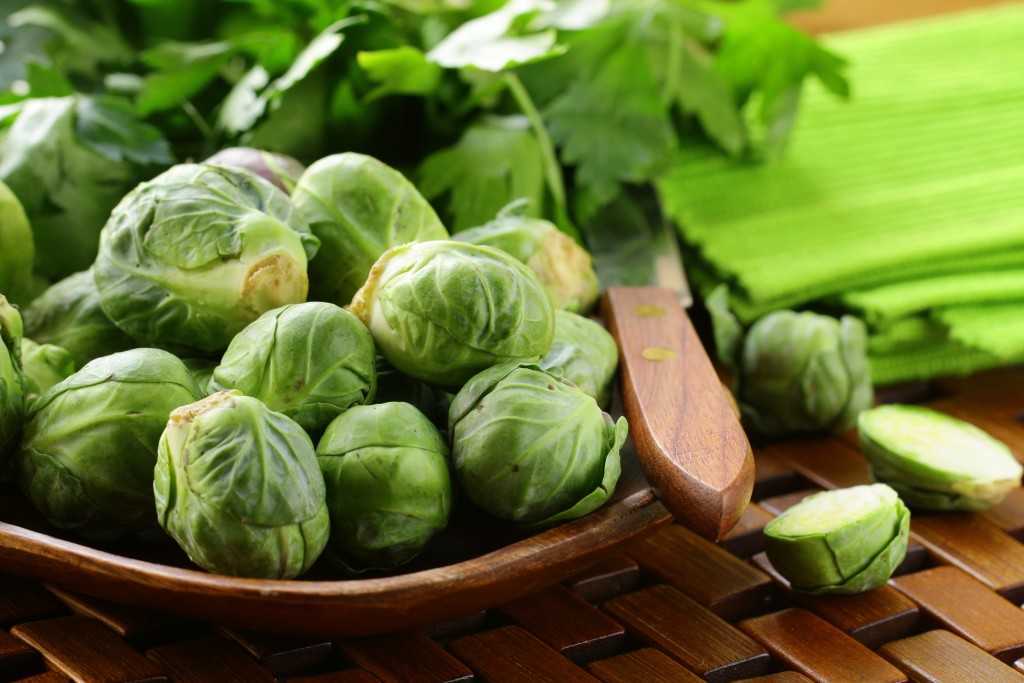 Fresh and vegetables deteriorate if stored in less than ideal conditions. Certain foods will keep for months if the storage space is maintained in the proper temperature range. For example, squash, onions, and potatoes keep well for months at temperatures ranging from 45 °F to 50 °F. However, if you refrigerate them, they will spoil. On the other hand, if you don’t store greens and ripe fruits in low temperature, they will rot in a day or two.
Fresh and vegetables deteriorate if stored in less than ideal conditions. Certain foods will keep for months if the storage space is maintained in the proper temperature range. For example, squash, onions, and potatoes keep well for months at temperatures ranging from 45 °F to 50 °F. However, if you refrigerate them, they will spoil. On the other hand, if you don’t store greens and ripe fruits in low temperature, they will rot in a day or two.Learning the Essentials of Cold Storage
Fresh food items are highly nutritious when in their best condition. It’s not only the flavor that degrades when fruits and vegetables turn stale. Their nutrition profile is also gravely affected. So if you are planning to store or transport huge volumes of fresh produce, you have to learn a few things about refrigeration and cold transport.
What Causes Deterioration of Fresh Produce?
When farmers harvest some fruits, the ripening process immediately grinds to a halt. However, some types of fruits continue to undergo changes even after being harvested from the tree. The latter produces ethylene, a chemical compound that may also effect deterioration in other foods stored in the same container. Therefore, you must avoid storing incompatible produce together because they will all rot and produce mold, which might contaminate the rest of your pantry and kitchen.
Helpful Guidelines on Cold Transport of Fesh Produce
Truck companies offering refrigerated services use specially fitted vehicles so that food items are stored in precise temperatures. These transports move food items from one state to another without compromising their quality. Fleet managers have the responsibility of knowing the art and science of cold storage.
There are cold-sensitive fresh produce, which must not be stored in the refrigerator while they are still ripening. However, cold storage is necessary for many raw, fresh produce if you want to extend their shelf life. Now, if the holding temperatures and humidity levels are optimal, fruits will not ripen as rapidly, and you will be successful in keeping them fresh for a longer period.

